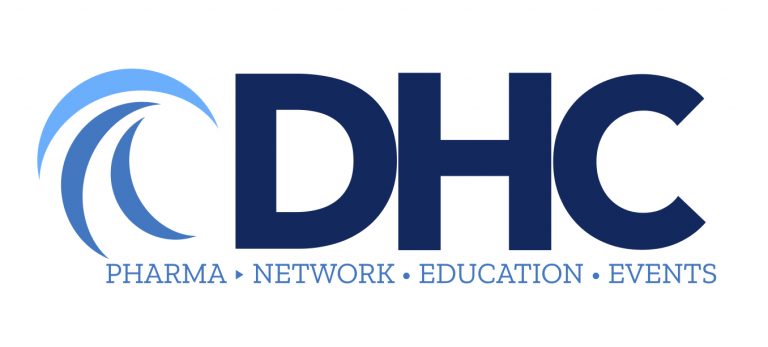Social Media and User-generated Health and Medical Content:
Guiding Principles and Best Practices for Companies and Users
1. Regulated healthcare companies should endeavor to participate in social media as a means to promote public health, improve patient outcomes and facilitate productive patient/physician relationships.
2. Regulated healthcare companies are not responsible for user-generated content online that they do not control. Regulated healthcare companies are deemed to “control” health and medical content if (i) it owns such health and medical content and has material editorial authority or (ii) it paid for the creation of such content and has material editorial authority over such content.
3. Regulated healthcare companies have a responsibility to report adverse events they become aware of. Regulated healthcare companies should follow the existing adverse event reporting rules in place at the FDA.
4. Employees of regulated healthcare companies should disclose their material company relationship when posting comments/content or engaging in an online conversation relating to a company product or relevant healthcare issue.
5. Regulated healthcare companies should endeavor to respond to questions on sites they control within a reasonable period of time, and to implement reasonable measures to enable timely responses to crisis and emergency situations.
6. Regulated healthcare companies should endeavor to make reasonable efforts to correct misinformation that is factually incorrect.
7. Regulated healthcare companies should endeavor to appoint employee(s) tasked with the role of “patient liaison” focused on representing the best interests of the patient online.
